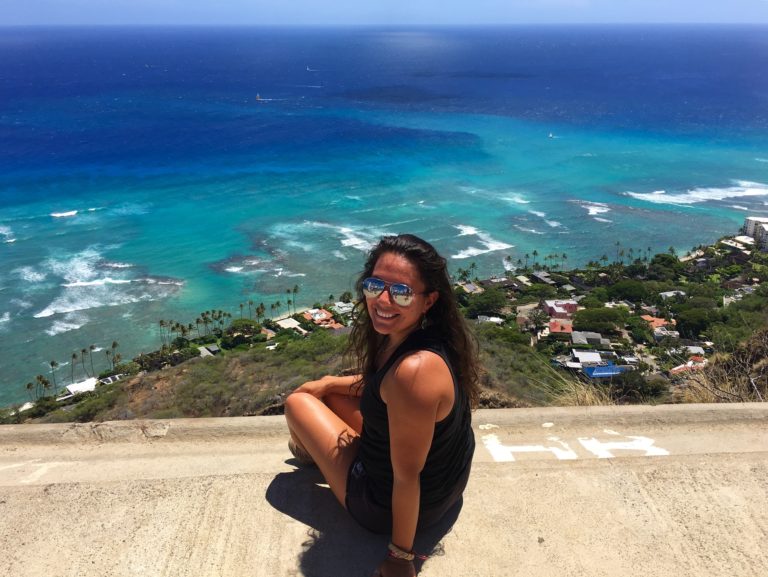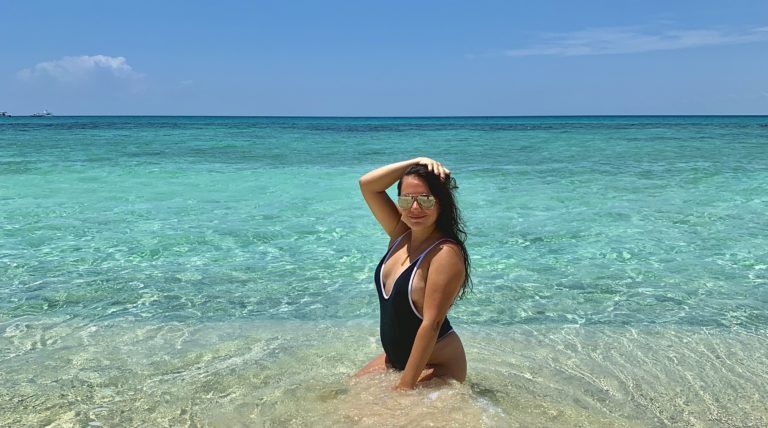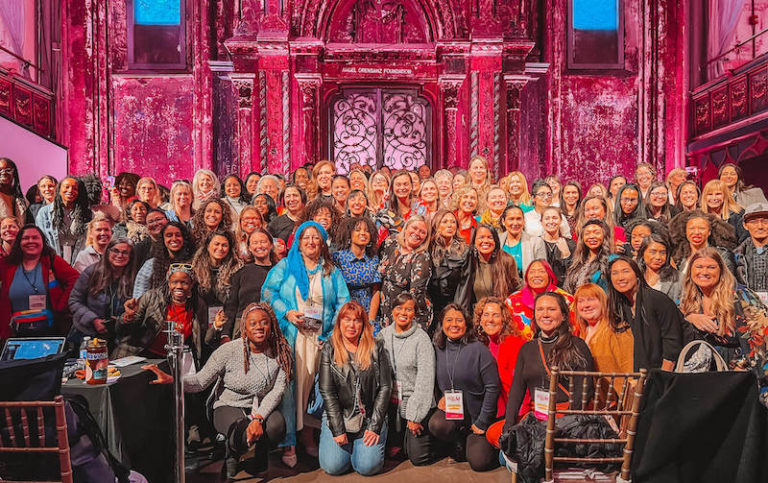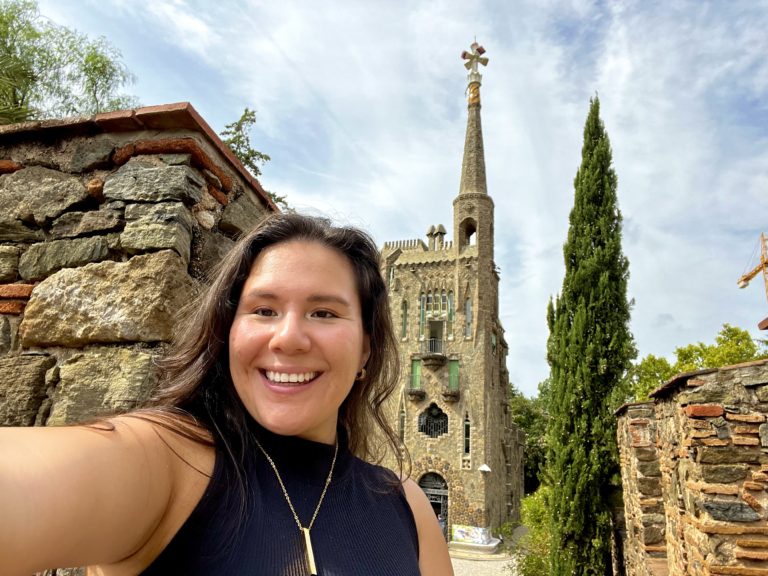Neither from here, nor from there
Every child of immigrants has their own story. Either they felt they could fully assimilate into the new country their parents moved to or they felt torn between two cultures, two identities, two countries, two languages.
I fall into the latter.
Both of my parents are Peruvian born citizens who immigrated to the US in search of what many immigrants are in search of, a better life for their children and family. At the time of my parents departure from Peru, the country was going through it politically, as many Latin American countries have periodically over the years.
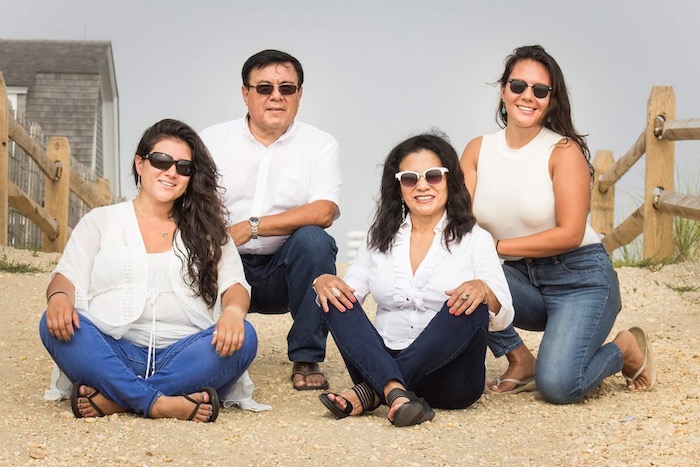
The United States offered a certain kind of stability not available to them in their home country and so they left. They were lucky to be able to have documents that facilitated their move that I know many families do not have that same situation. A little over half a decade later, I arrived. And although I spent the first ten years of my life in a fairly diverse place, the move to a very homogenous (read: white) location really changed my life in ways I haven’t been able to describe until recently.
But today’s story focuses on me not fully belonging to one place or another. As I’m sure the children of immigrants may feel like they’re neither from here, nor from there. Being US born comes with a certain privilege but I never fully felt accepted by it. One of the most common questions I used to get asked is “Where are you from, like really from?” As if I can’t be from here. Even my parents, more so my dad, says “This is your country (USA)” when referring to how certain things work here. As if I had a say as to where I was born.
In Peru, many of our cousins and other Peruvians I’d meet would always point out that I’m not fully Peruvian or that I’m a Gringa (normally used to describe blonde white Americans but also used to describe any Americans).
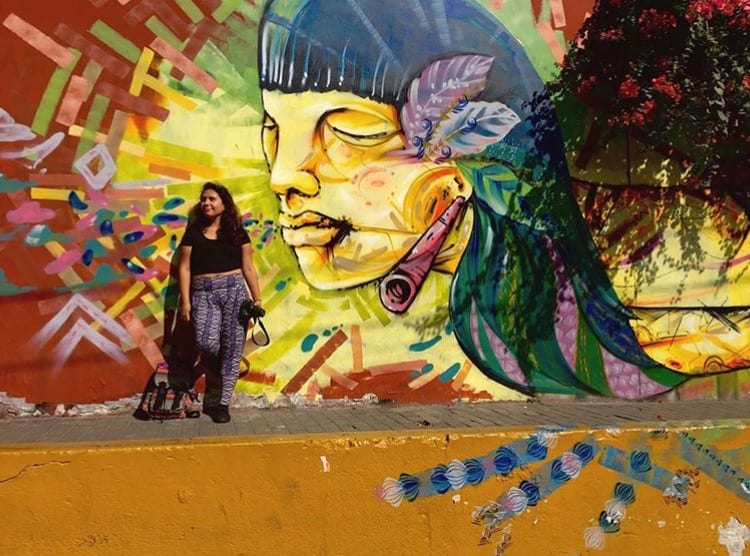
It was always crazy to me that neither the country I was born in nor the country my parents came from fully accepted me. But I also never fully felt like I was only from one or the other.
There was a period in my life when I so desperately wanted to be seen as American and be accepted by my peers. I had thought life would be so much easier if I were blonde, blue eyed, and the kind of thin that is only possible through genetics. Seeing as these just weren’t possible or feasible and so of course they didn’t happen, my mindset changed.
Growing Up Latina
Growing up in a Peruvian Spanish-speaking household influenced me greatly and I’m so grateful to be bilingual. I listen to Spanish music while cleaning or cooking. I hold certain values close to heart because of my family’s past generations.
But I also fully acknowledge the fact that I critique both countries. Neither is perfect. Both have ways to go, in different areas, but nonetheless progress is needed.
Now with personal experience and time I know how I see and identify myself. I am a US born Peruvian Latina with Indigenous roots/background. Only recently have I started to become aware of that a great portion of my ancestors were Indigenous and now I want to learn more about my Indigenous past. For many generations it was seen as something negative and something to be ashamed of but I’ve been noticing that my generation is attempting to reclaim what for the longest was shunned.
I’m looking forward to what I’ll be able to learn about my family’s past and myself through my ancestors. When family moves around, sometimes it’s easy to lose so much along the way. I hope to regain it through conversation and what I can find it online.
Today, I’m grateful to be bi-cultural and bilingual. Without these two, Latina Traveller would have never been started. If you’re interested in learning more about how I caught the travel bug, check out this post.
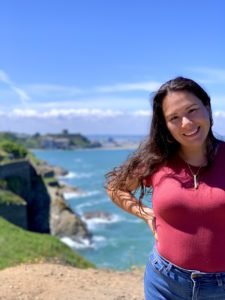
Make sure you’re following me on Instagram, TikTok, and YouTube for more up to date content on where I’m at and where I’m going next. If you haven’t already, make sure you join my email list so you know about my new adventures, general travel updates, and more before anyone else!
Viaja more y live más,


